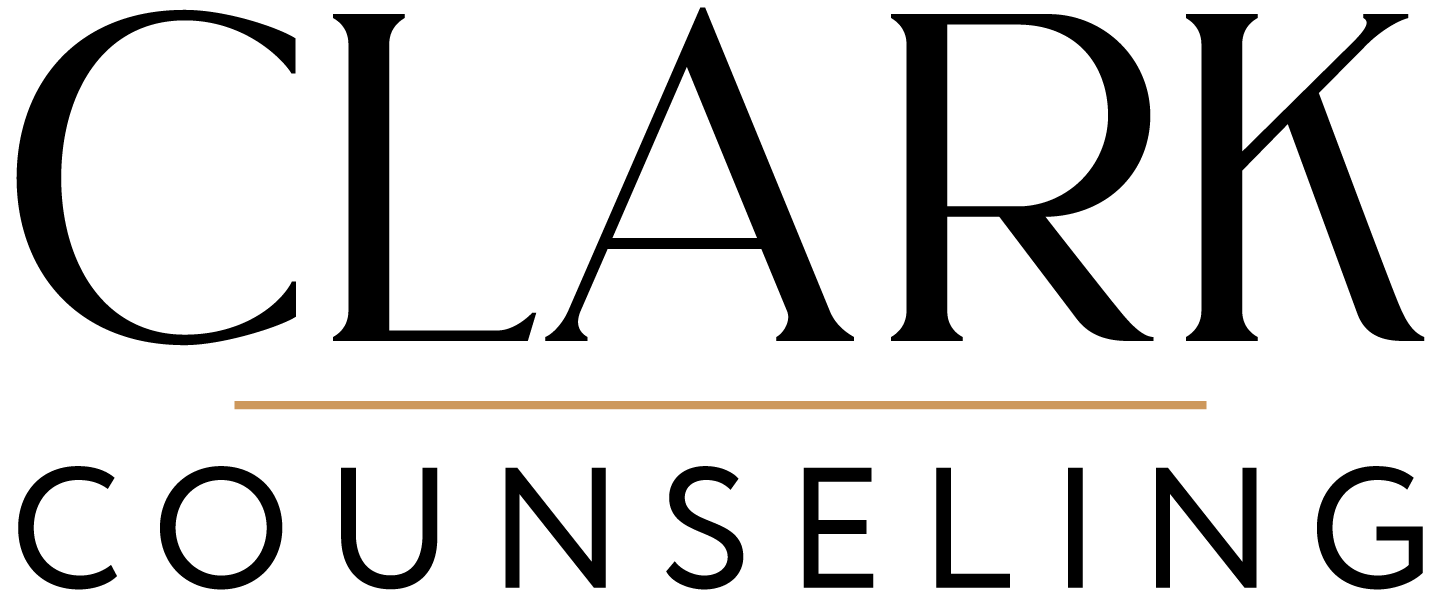What to Expect at Your First Counseling Session
Seeking therapy is a brave and commendable step towards improving your mental and emotional well-being. Your first therapy session can be both exciting and nerve-wracking, as you may not know what to expect. In this blog post, we'll walk you through what typically happens during your initial therapy appointment and provide some key insights to help you navigate this journey.
Getting to Know Each Other: The first therapy session usually begins with an introduction and a focus on building a trusting and therapeutic relationship. Your therapist will want to establish a sense of safety and rapport. They'll invite you to share what has brought you to therapy and ask about any specific concerns or questions you may have. Remember that your therapist is there to listen, support, and guide you without judgment - we are on your team!
Intake Evaluation: During the first session your therapist will do an intake evaluation. Your therapist will ask a series of questions to get to know you better. These questions may delve into your personal history, life experiences, family background, work, and other aspects of your life. This process helps your therapist gain a comprehensive understanding of your life and circumstances, which is crucial for tailoring the therapy to your unique needs.
Identify Your Goals: A vital part of your first therapy session is identifying your goals and expectations. Your therapist will encourage you to articulate what you hope to achieve through therapy. It might be managing anxiety, improving relationships, coping with stress, or addressing past traumas. Being clear about your objectives allows your therapist to design a personalized treatment plan to help you meet those goals.
Ask Any Follow-Up Questions: In therapy, there are no off-limits questions. If there's something you'd like to ask or clarify, don't hesitate to do so. Your therapist is there to create a safe and non-judgmental space for open dialogue. The more you communicate and express your concerns, the more effective your therapy is likely to be.
Formulate a Plan Going Forward: Towards the end of your first session, you and your therapist will discuss the logistics of your therapy journey. This might include the frequency of future sessions, the duration of therapy, and what to expect in upcoming appointments. Having a clear plan in place helps set realistic expectations and gives you a sense of structure throughout the therapeutic process.
Things to Remember:
Therapy Takes Time: Therapy is not a "quick fix." It's a process that unfolds over time. Personal growth and emotional healing require patience and consistency. Your therapist will work with you to develop strategies and skills, but it's your commitment and effort that will lead to meaningful change.
Building Trust Takes Time: Trust in your therapist may not happen instantaneously. Building a therapeutic relationship is a gradual process. Over time, as you feel more comfortable and understood, you'll likely find it easier to open up and share your thoughts and feelings.
You Don't Have to Share Everything: Remember that you have control over what you share in therapy. You don't have to disclose anything you're not comfortable with, and your therapist will respect your boundaries. Honesty is important, but it should come at a pace that feels right for you.
Therapy Requires Your Active Participation: Therapy can only be successful if you actively engage in the process. Be prepared to do the work, whether it's completing assignments, practicing new coping strategies, or reflecting on your experiences between sessions. Your commitment plays a significant role in your progress.
By understanding what to expect and embracing the process with an open mind, you're setting yourself up for a positive and transformative experience. Change takes time, and the path to healing may have its ups and downs. There will be moments of breakthroughs and self-discovery, as well as moments of challenge and self-reflection. But amidst it all, hold onto the hope that therapy can be a powerful tool for positive change in your life. Know that you're not alone, and with each session, you're taking a courageous step toward a brighter future. Your therapist is there to guide you, support you, and empower you to become the best version of yourself. Embrace the process, and with time and effort, you'll find the healing and growth you're seeking.
